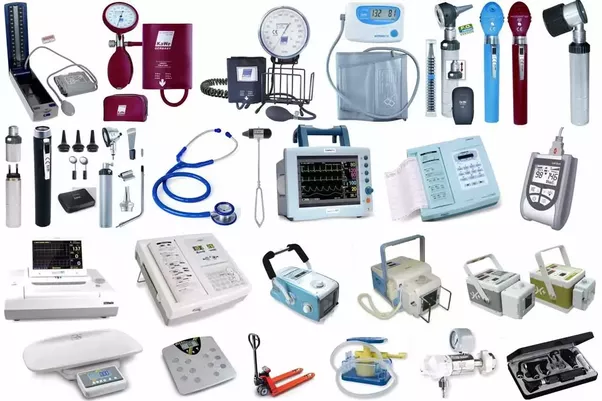As the American population ages and technology improves health care options, the demand for medical supplies is growing and will continue to do so for the foreseeable future. If you’ve ever considered starting an online medical supplies business, now might be the time to take the plunge.
1. Consider a franchise
Though you can start your company from scratch, it’s also valid to consider buying a franchise. About 80% of businesses make it past the first year, but only 50% make it to year five. Only 33% are still around 10 years later.
The early years are the toughest, and going with a franchise can give you an advantage through the difficult time so you can build a thriving, long-term enterprise. With a franchise, you don’t have to devote quite as much time to market research, building a reputation, or working out those first-year kinks.
2. Do your research
No business owner succeeds without investing in serious market research. You need to understand what it takes to start, the kind of money you should have put away, what risks are involved, what kind of market is available for the products you hope to sell, and what profit margins to expect.
Market research also involves a good, hard look at your competition so you can develop a strategy to become competitive. You need to know prices, the rhythms of sales, and who is buying what products and why.
3. Choose your target market wisely
All kinds of people need medical supplies. You could market to baby boomers, dentists, midwives, or nearly any other demographic you can imagine. What you can’t do is be all things to all people and hope to succeed.
You might sell prosthetic devices to the public and stock your virtual shelves with quality prosthetic socks made by Knit-Rite. You might exclusively target orthodontic and dental offices with dental implants and orthodontic products. What’s important is making strategic, purposeful choices.
4. Prioritize customer service
The modern consumer considers customer experience as much as product when deciding where to shop. If you don’t make a deliberate effort to meet customer expectations with the best service possible, you’re going to fall behind competitors.
Your enterprise contact center, with good security, scalability, and omnichannel software, is key to delivering a great customer service experience. Make sure you use customer engagement software that eliminates downtime, provides disaster recovery solutions, and adapts to work with your needs rather than forcing you to work with back-end tech.
5. Learn to network
The medical supplies business, and health care in general, is very network-dependent, particularly if you’re selling to physicians or health care organizations. Health care providers are busy people, and when they find a supplier they like, they tend to stick with them for the long haul.
By offering discounts and whatever perks you can, such as free delivery, you can win over new customers. But you have to find them first, and that happens when you visit medical fairs, talk with real people, and follow up on every networking opportunity that comes your way.
6. Don’t skimp on due diligence
You’ll need software that collects state taxes for you based on the location of buyers, a way to deal with Medicare, and a good accounting system in place to keep track of it all. It’s always smart for a new business to hire professionals to look after taxes and accounts so you don’t accidently get into serious trouble.
Some research will also help you decide which type of business structure you should register as, which will determine some of the licenses and permits you’ll need to get in your state. These steps are time-consuming, but they’re also crucial to your long-term viability.

Leave a Reply